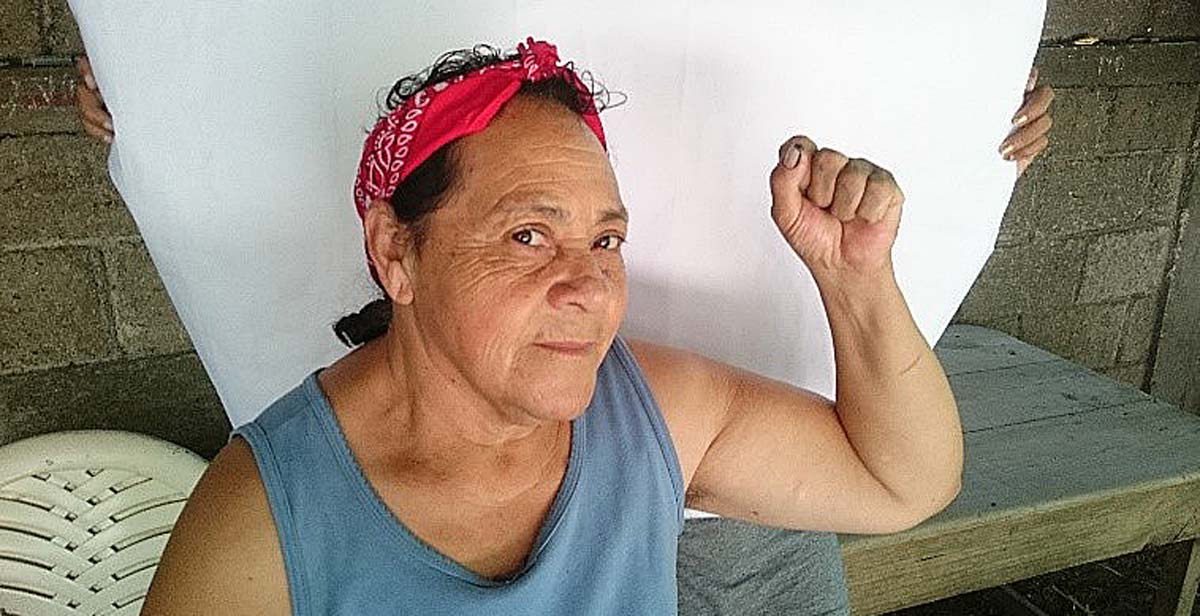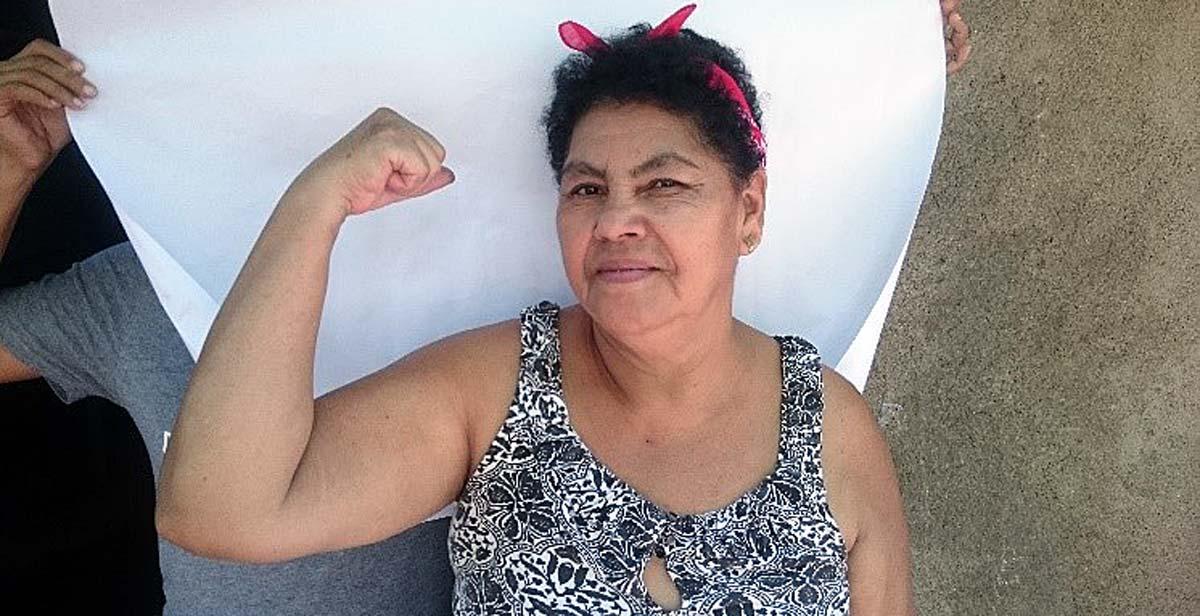Much like our own mothers at home, the women in El Bramadero have much to contend with on a daily basis. We often fail to recognise the numerous tasks that our mothers accomplish with much consideration for their family and little for themselves. Doña Epifania, the host mother of Isabel and I, is a perfect example for such behaviour. After waking up at 04:00am, Epifania will sweep the mud floors both inside and out, collect water from the wells, and she will then make a mountain of tortillas to feed the hungry mouths of her eighteen grandchildren with surplus to sell in her daughter’s shop. If the food stock has depleted, she will ride the crowded bus to Condega to singlehandedly bring home sacks of groceries that are near impossible to lift. Preparing three meals a day for her husband, relatives or friends, who will no doubt surface with a rumbling tummy, is another task for her daily herculean exploits - whilst also providing herculean portions. Being a devoted Catholic, attending church is usually on the afternoon’s agenda and once she returns from what appears to be her only self-regarding endeavour she will, without a doubt, return to her household errands.

The multitude of day-to-day tasks that Epifania performs is not a rarity among women in rural Nicaragua and is in fact applicable to all women and mothers throughout the small community of El Bramadero. Despite being ranked as one of the most gender-equal countries in the world, falling behind the Scandinavian nations, the roles of men and women in rural Nicaragua are still very much defined. Such stereotypical roles frequently fail to create equal opportunities for women whose personal development and aspirations may be discounted.
Our experiences of the mothers of El Bram’s self-less tendencies and generosity meant it was no surprise that we were told to expect an elaborate Mother’s Day filled with lots of love and appreciation. After having previously experienced a church service with Epifania a couple of weeks before, and vowing to make it a one off occurrence, we were initially reluctant to accept the invitation to attend the Mother’s Day service. Nevertheless, if three hours of singing (shouting), clapping and dancing were what we had to do to show appreciation for the hardworking matriarchs then we would gladly suffer through the noise induced headaches. Despite the ear-splitting speaker set up, the service was unexpectedly a lot more entertaining than we had anticipated. The time spent playing organised games in the church, which involved the mothers and their children, made it clear that these were the moments that mothers cherished the most. Time is often the most appreciated gift for mothers yet one day does not seem sufficient enough to celebrate them. Being from different cultures does little to change the unanimous unconditional love shown by mothers worldwide and we feel grateful to have been welcomed into their homes.

It is truly remarkable that despite being on the other side of the world we have been fortunate enough to receive love and care similar to that of our own mothers at home.
Written by ICS volunteer Holly Barber-Rowe



